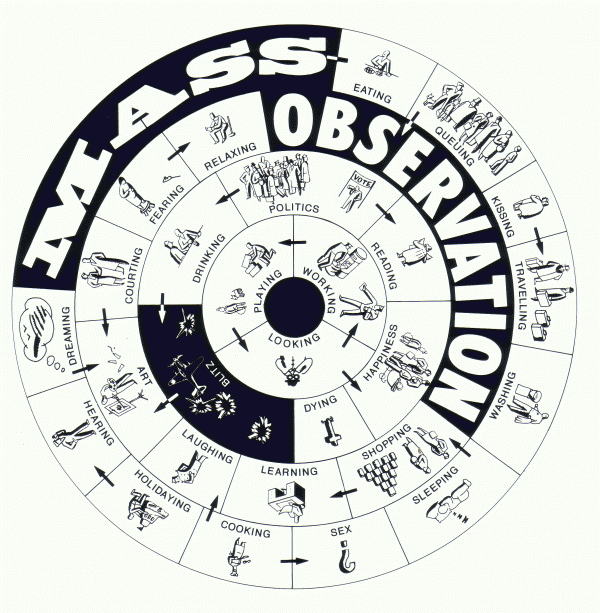
This module is dedicated to the theoretical reflection on aesthetic practices, activities and objects and their history (from artworks to the aesthetic strategies of protest movements). It also reflects on the distinctive experiences that are involved in participating in aesthetic practices or perceiving aesthetic performances or objects. Furthermore, the module re-examines why aesthetic practices and experiences play such a central role in continental thought from Kant and Hegel to Adorno and Rancière.
The module is trans-disciplinary in two senses: firstly, it focuses on concepts and phenomena that are (or could become) the object of art history (broadly construed) as well as philosophy; secondly, it draws on both disciplines to develop an adequate understanding of the phenomena and concepts in question.
The exact content of the module may change from year to year. It may, for instance, be organised around a particular theme or themes.
This spring term, the focus will be on aesthetics and politics. Among the questions to be discussed will be the following: How to conceive of the relationship between art/aesthetics and politics? What is the power or force of art/aesthetics? How can one tell apart progressive/emancipatory aesthetic-political strategies from regressive ones (such as fascist or Stalinist aesthetics)? What are the aesthetic-political strategies deployed by political activists and how do they work? In what sense can aesthetic practices and experiences (and the theoretical reflection on them) be critical? Are aesthetic practices part and parcel of political freedom? What is the role and place of aesthetics in democratic life?
Learning Outcomes
The aim of the module is to:
* Introduce students to main themes in philosophy and aesthetics;
* Consider what philosophical issues have been at stake in the development of aesthetic practices;
* Consider how aesthetics interacts with other currents of philosophical, art historical and critical social thought;
By the end of this module students are expected to be able to:
* Understand what makes the aesthetics a distinctive tradition within modern European philosophy.
* Understand the central philosophical problems involved in aesthetics and aesthetic practices.
* Form their own view of the validity of aesthetic theories.
The module is trans-disciplinary in two senses: firstly, it focuses on concepts and phenomena that are (or could become) the object of art history (broadly construed) as well as philosophy; secondly, it draws on both disciplines to develop an adequate understanding of the phenomena and concepts in question.
The exact content of the module may change from year to year. It may, for instance, be organised around a particular theme or themes.
This spring term, the focus will be on aesthetics and politics. Among the questions to be discussed will be the following: How to conceive of the relationship between art/aesthetics and politics? What is the power or force of art/aesthetics? How can one tell apart progressive/emancipatory aesthetic-political strategies from regressive ones (such as fascist or Stalinist aesthetics)? What are the aesthetic-political strategies deployed by political activists and how do they work? In what sense can aesthetic practices and experiences (and the theoretical reflection on them) be critical? Are aesthetic practices part and parcel of political freedom? What is the role and place of aesthetics in democratic life?
Learning Outcomes
The aim of the module is to:
* Introduce students to main themes in philosophy and aesthetics;
* Consider what philosophical issues have been at stake in the development of aesthetic practices;
* Consider how aesthetics interacts with other currents of philosophical, art historical and critical social thought;
By the end of this module students are expected to be able to:
* Understand what makes the aesthetics a distinctive tradition within modern European philosophy.
* Understand the central philosophical problems involved in aesthetics and aesthetic practices.
* Form their own view of the validity of aesthetic theories.
- Module Supervisor: Joerg Schaub